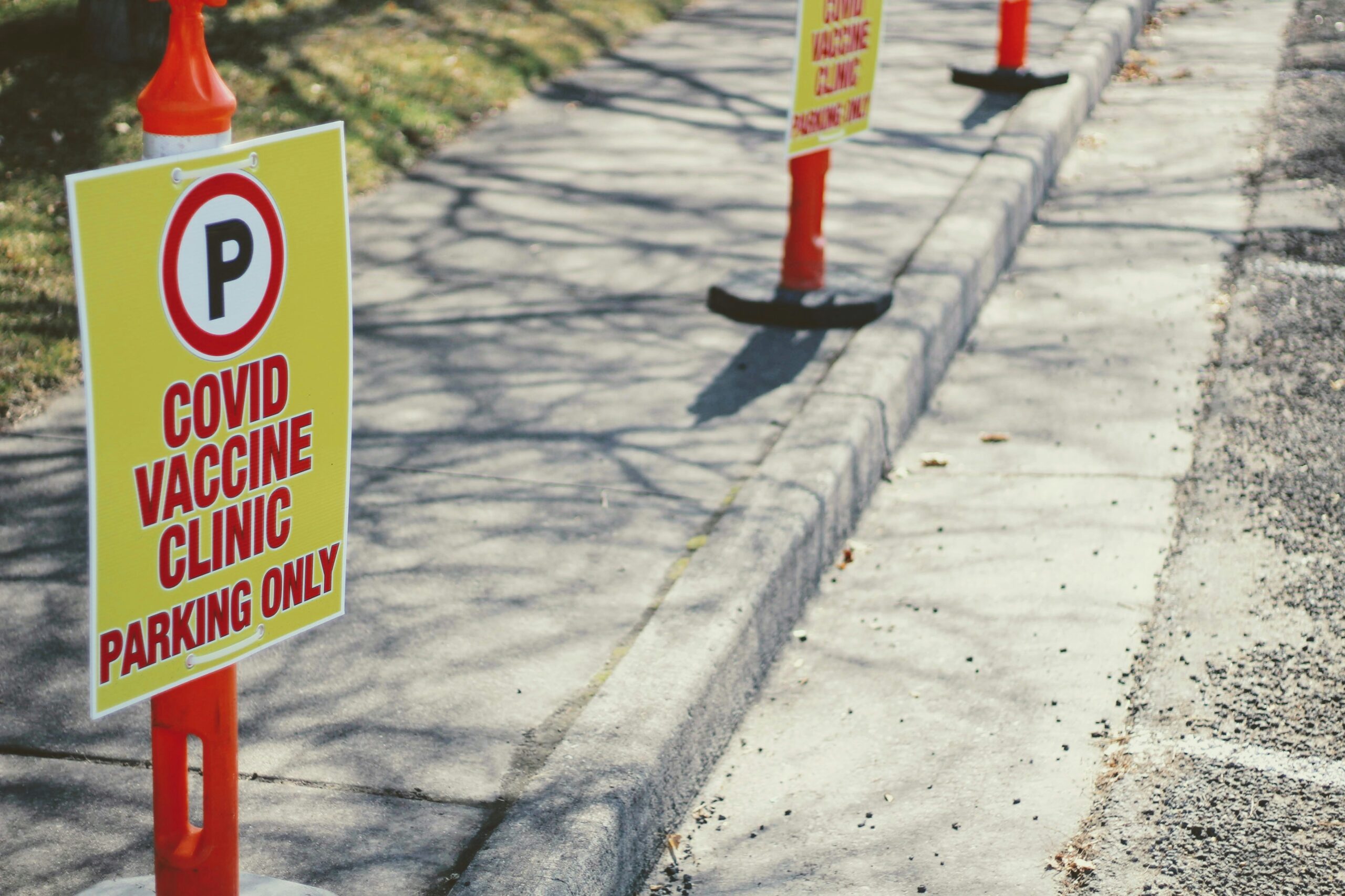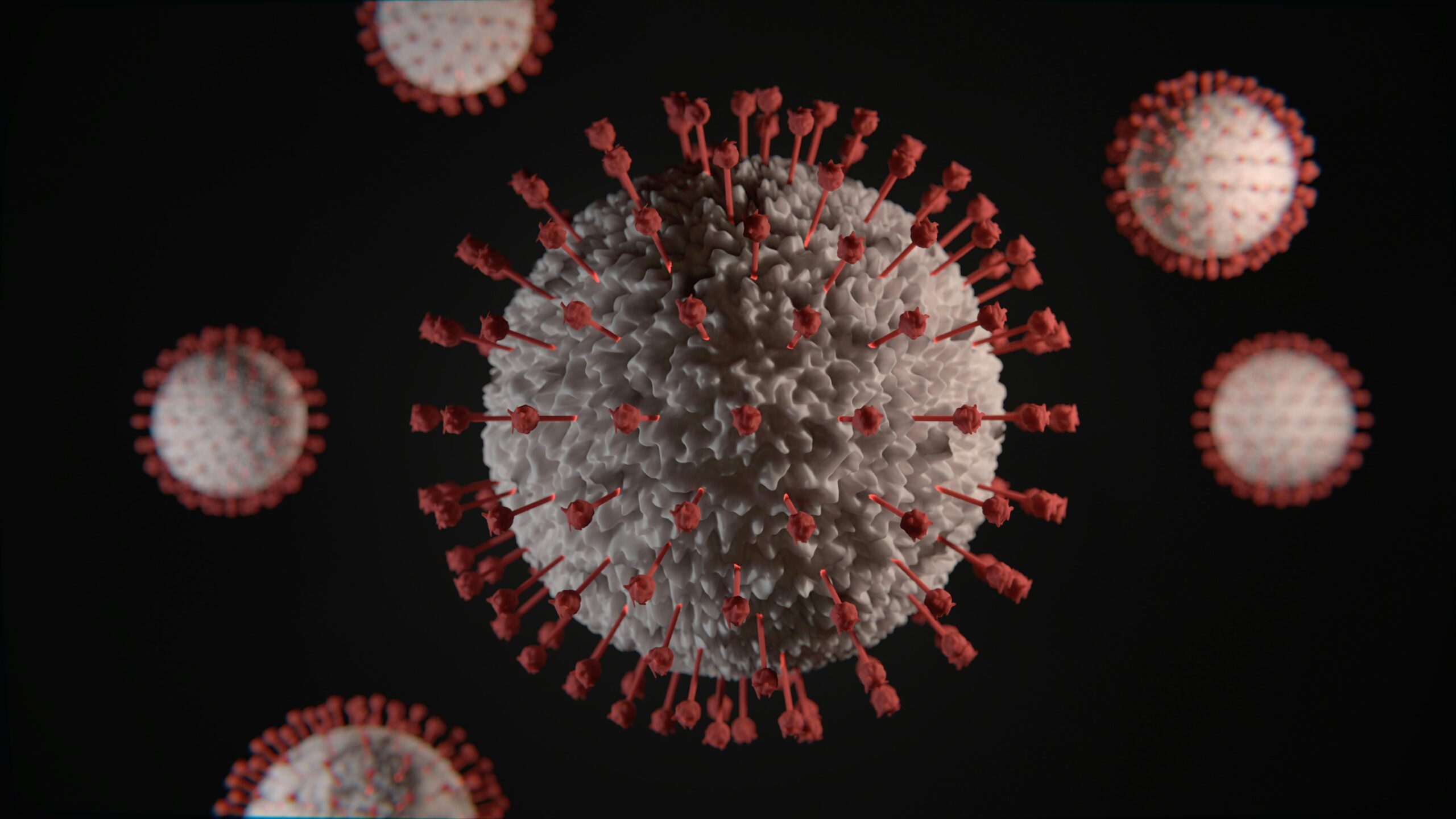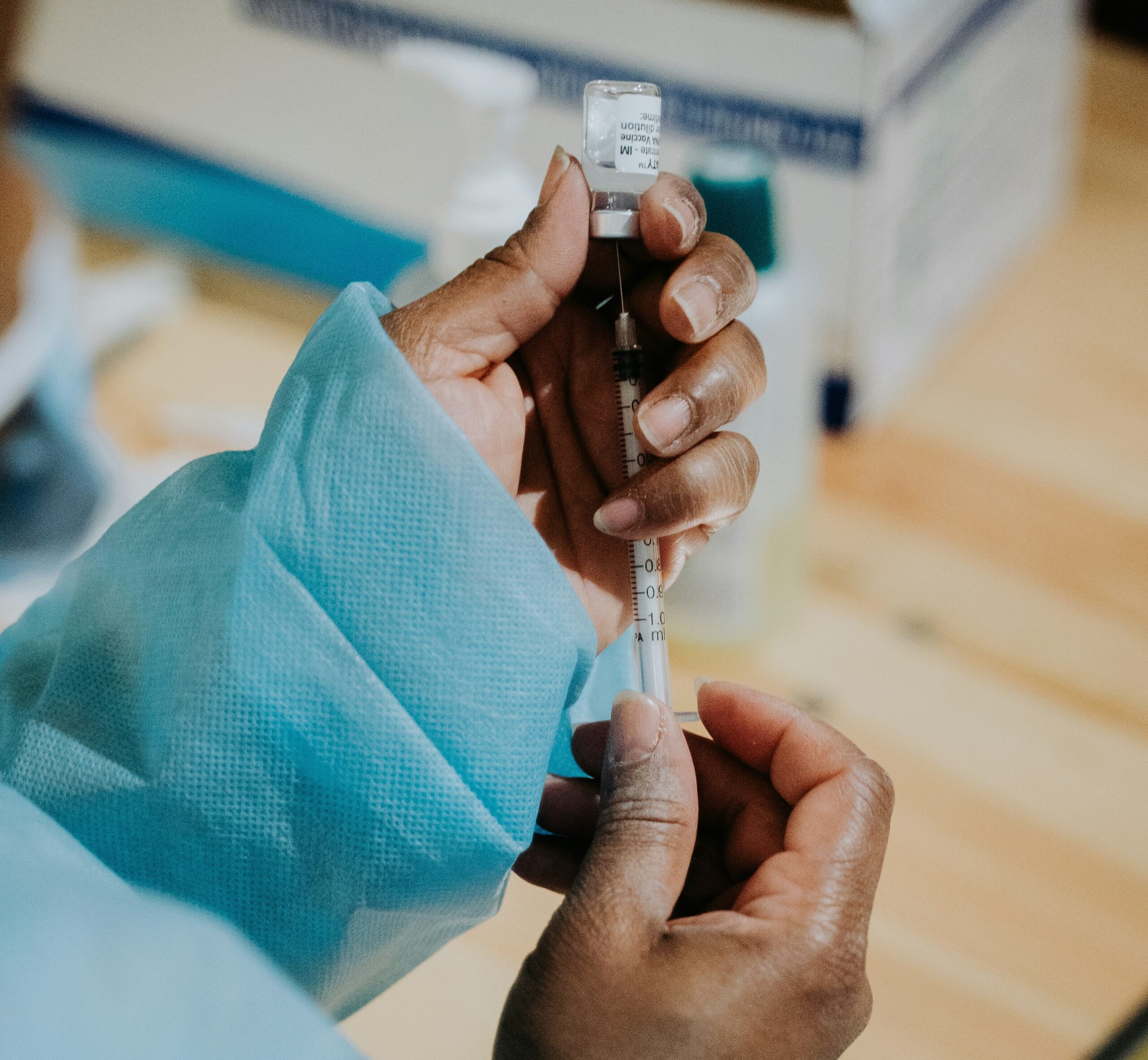
COVID-19 Survey IV (2024)
Policy, Risk & Response
Section 03
Survey Overview and Demographics
General Overview
Study Date: 15.05.24–15.06.24
Geographic Coverage: United States
Expertise:
- 77.4% Biology
- 22.6% Civil and Environmental Engineering
Response Overview
Sample Size: 1874
Valid Responses: 163
Response Rate: 8.8
Date initial findings posted: 10.28.24
Most recent update: 10.28.24
Days survey in field: 31
Average response time: 10.5
Survey Demographics
Respondent Demographics:
- 32.9% Female
- 67.1% Male
- 100% Academic
Language(s): English
Section Overview
In this fourth round survey on COVID-19, we asked scientists about the ways in which their professional and personal lives have been impacted over the past few years. We also asked their opinions on policy issues related to the pandemic.
Question
Finding
The most commonly reported practices adopted by scientists’ home universities in response to the pandemic are:
(i) regularly communications about campus COVID-19 policies (98%),
(ii) free COVID-19 testing (93%),
(iii) regular updates on COVID-19 infection levels (82%), and
(iv) free COVID-19 vaccines (79%).
Question
Finding
Less than half of scientist respondents (43%) report that they go to campus much less or somewhat less often, compared to before the pandemic. This proportion is smaller than reported in the 2022 Covid-19 impact survey, where 57% of respondents reported going to campus less often.
More than half of scientists (53%) go to the campus at about the same frequency compared to before the pandemic, an increase of 15% compared to the 2022 response.
Question
Finding
A larger proportion of female faculty report going to campus somewhat or much less often as compared to male faculty (p<0.05).
Question
Findings
More than half of scientists (58%) believe the U.S. government has managed the COVID-19 pandemic somewhat, very, or extremely effectively.
Scientists have become more positive about the government response to Covid-19 over time. In 2020, 10% of scientists believed that the US government managed the pandemic somewhat, very, or extremely effectively. In subsequent surveys a much larger percentage of respondents reported the same (59% in 2021 and 56% in 2022).
Question
Finding
More than half of scientists (53%) believe that the U.S. government will effectively manage pandemics caused by emerging infectious diseases in the future.
Question
Finding
Over half of scientists (58%) are at least somewhat confident that scientific evidence will inform national health policy for future pandemics caused by emerging infectious diseases.
Question
Finding
Scientists’ opinions diverge on the cause of Covid-19 pandemic. While over half of respondents (55%) report that a natural animal-to-human transmission is the most likely origin, a little less than one fifth (18%) attribute it to an accidental lab leak.
Question
Finding
Scientists’ opinions on the side effects of Covid-19 vaccines and boosters are mixed. While over half of respondents (56%) are certain that there are few serious side effects of Covid-19 vaccines, 14% believe they probably or almost certainly have some serious side effects.


